The “cutting stones to find gems” scam: A fake game with real losses
In a recent crackdown, police in Quang Ninh province dismantled a sophisticated online fraud ring disguised as a virtual game called “cutting stones to find gems.” The scheme was operated by Tran Thi Chi (born 1989), Vu Van Hai (born 1995), and several Chinese nationals.
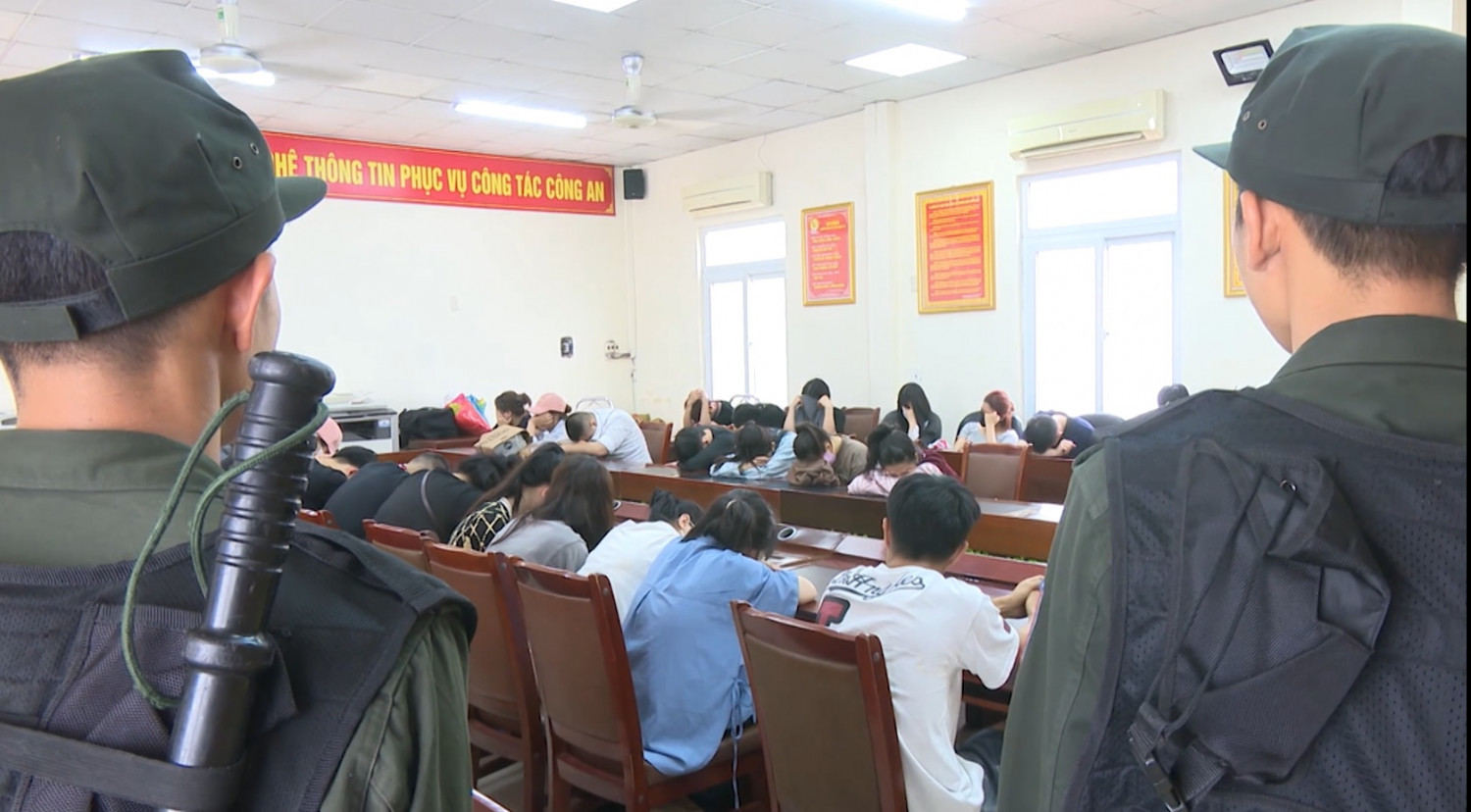
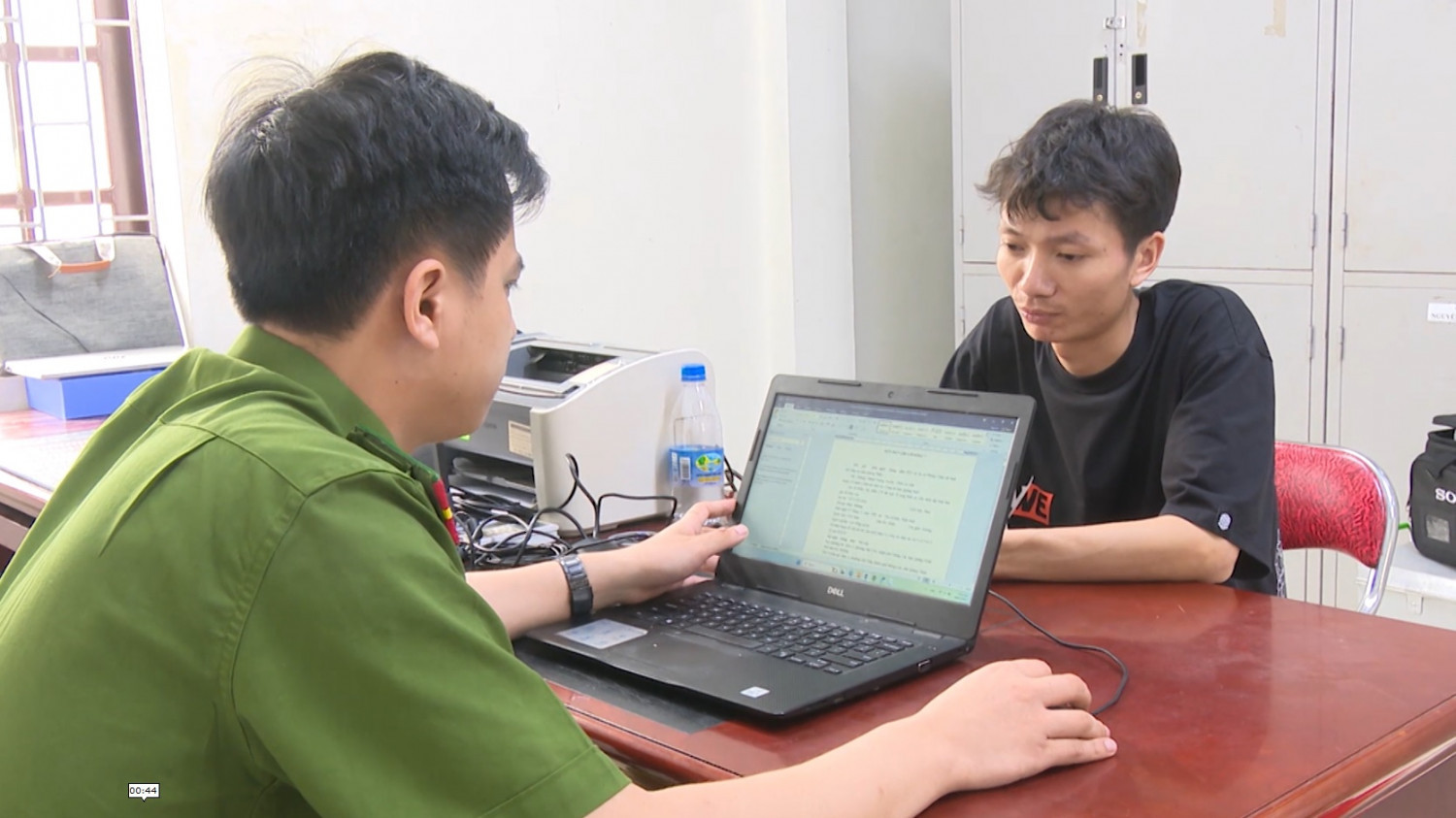

Photo credit: CACC
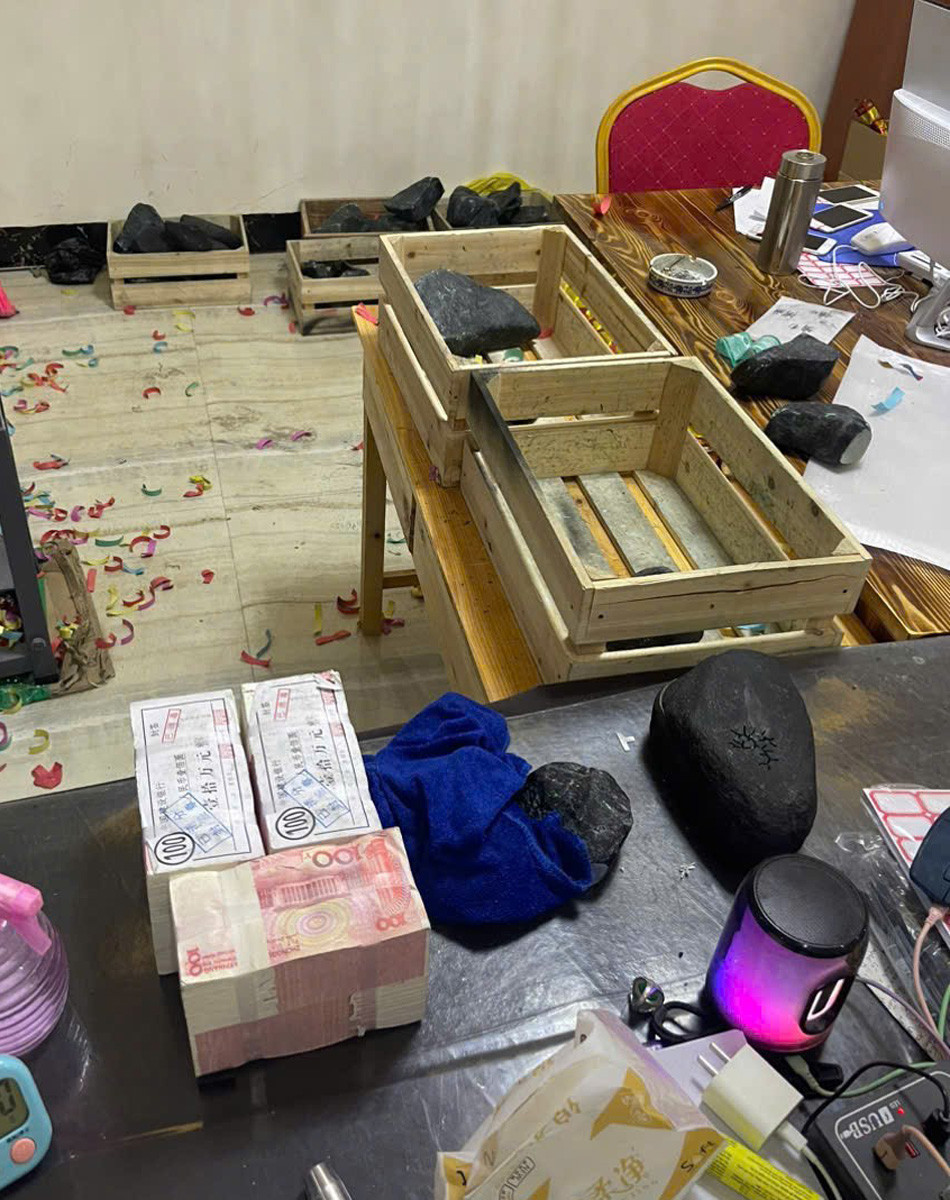
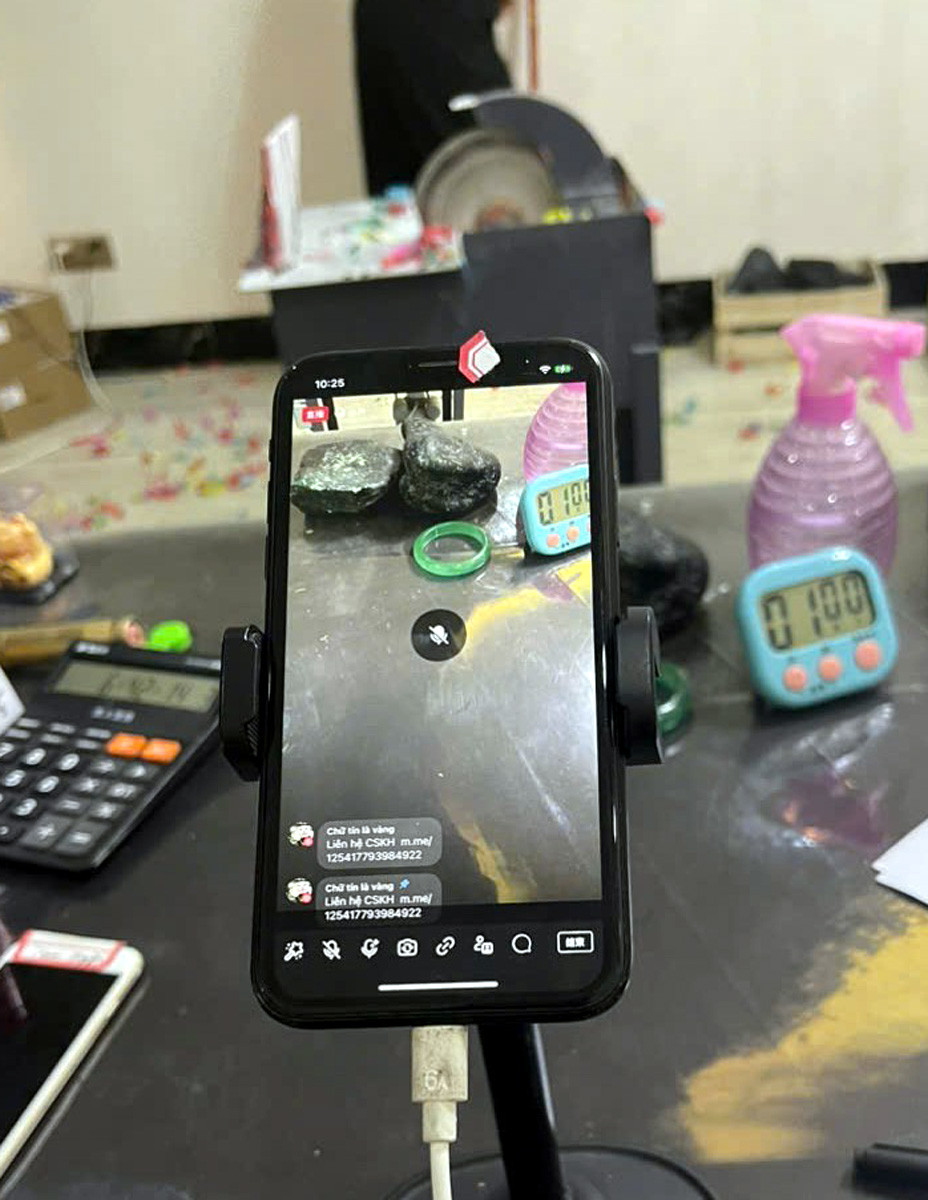
What appeared to be a harmless profit-making game was in fact a blatant cash-extraction machine. The group rented a property in Dongxing, China, and recruited Vietnamese workers with promises of lucrative salaries ranging from $700 to $850 per month (5,000–6,000 CNY). Each member had a defined role, from livestreaming to impersonating fake commenters to managing transactions.
Hai admitted: “Chi handled customer acquisition, I received bank transfers, and the Chinese nationals managed the technical side. We worked in groups of four to build trust and lure people into topping up their accounts.”
The group used painted stones and livestreams to simulate gem-cutting sessions, tricking viewers into thinking they could uncover valuable gems and earn huge profits.
Investigations revealed that between August 2024 and early 2025, they had processed over 100,000 transactions and defrauded victims of hundreds of billions of dong.
The “financial wizard” Pho Duc Nam and a $210 million deception
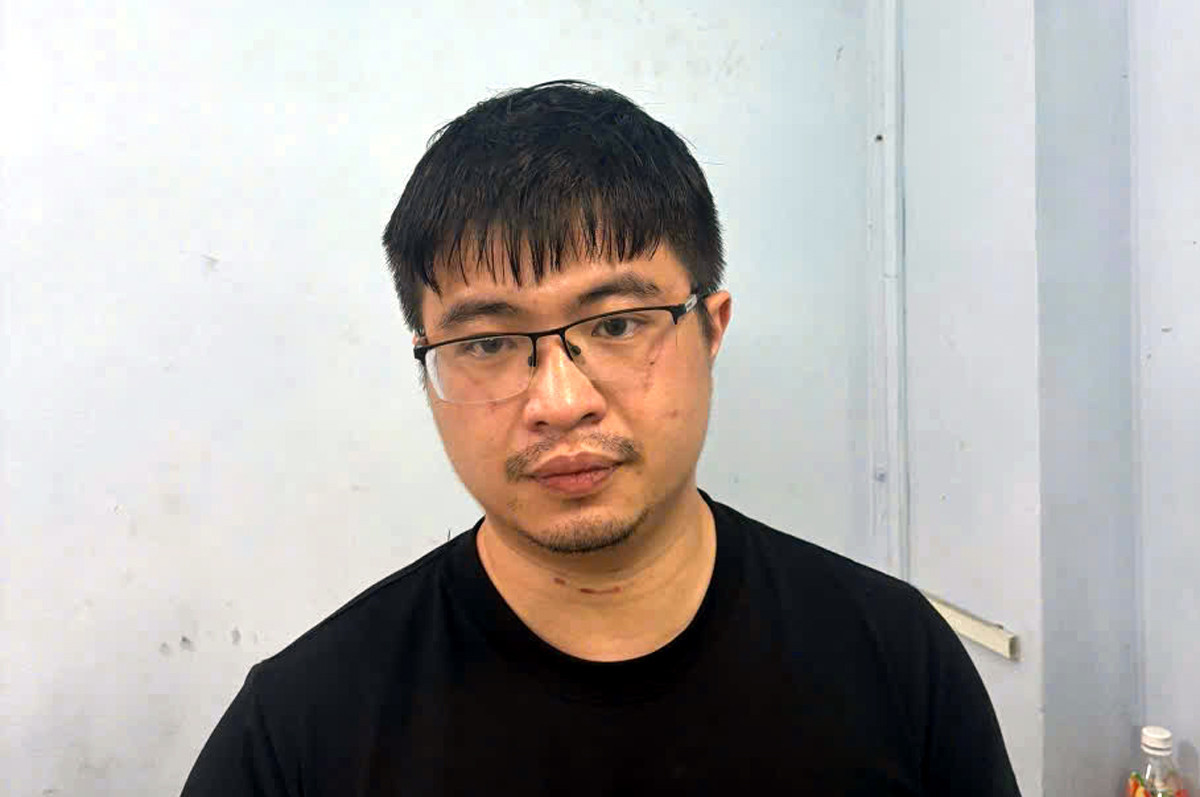


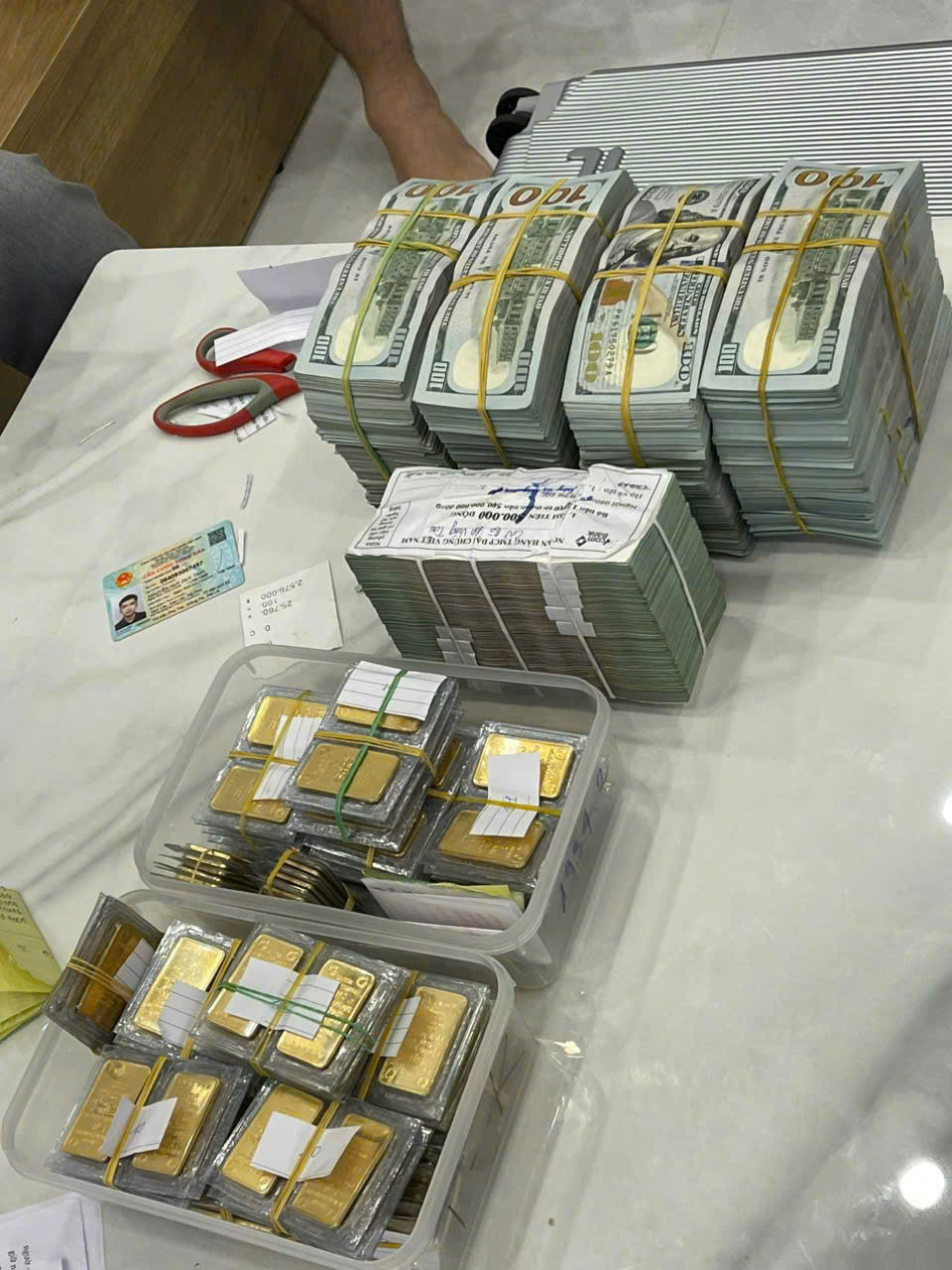
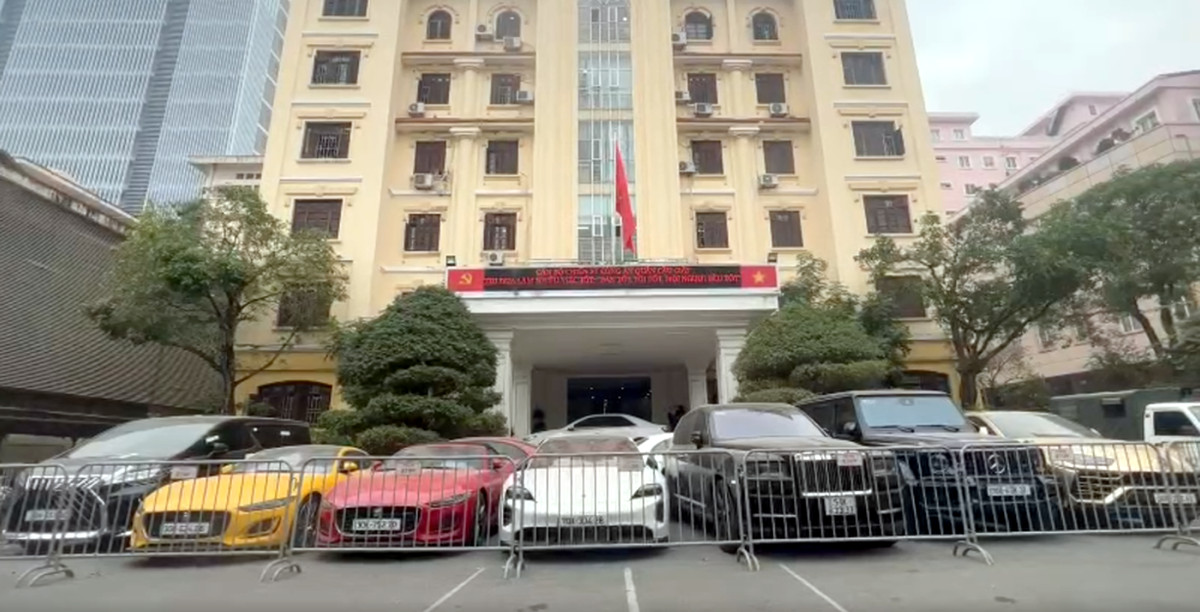
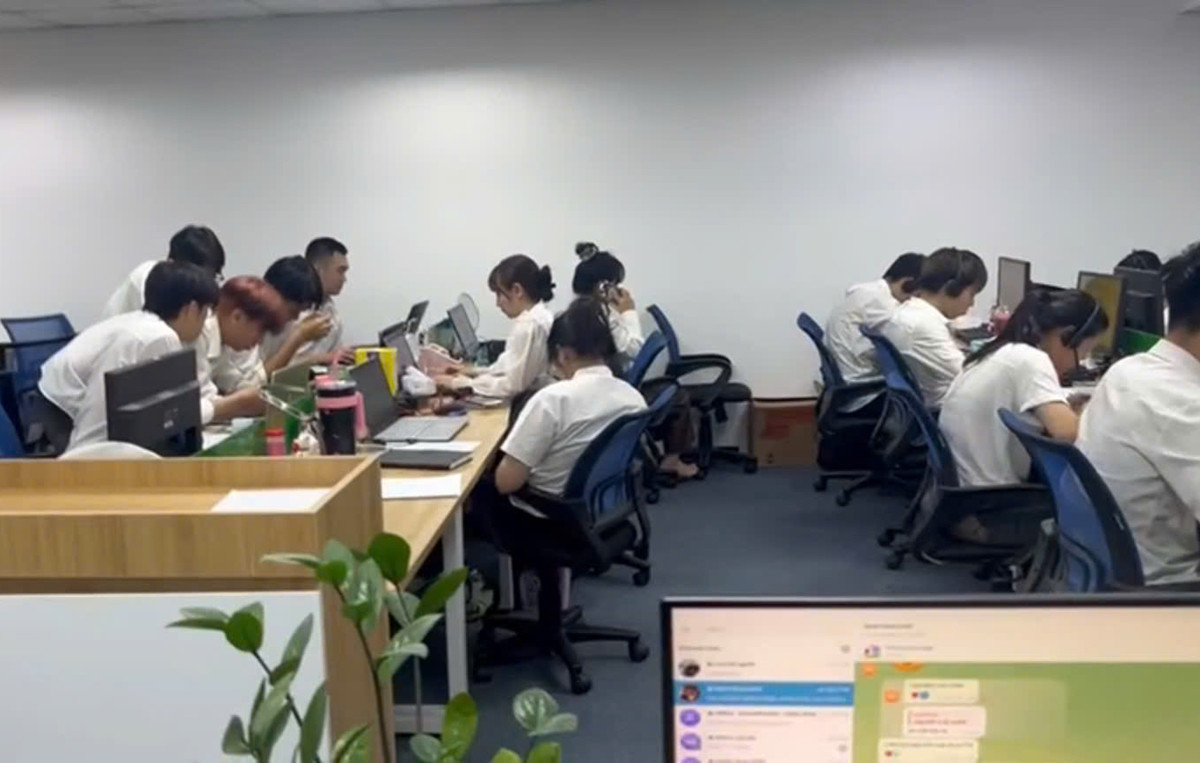
Another massive fraud operation was led by Pho Duc Nam (born 1994, Ba Ria - Vung Tau), known online as “Mr. Pips.” Alongside Le Khac Ngo (born 1990, Hanoi), Nam posed as a representative of the fake company Artex Vina and set up 44 sham offices nationwide.
They targeted victims through platforms like Zalo and Telegram, enticing them to invest in fake international stock trading platforms. Initially, the scammers allowed small profits to be withdrawn, building trust.
Then, they pressured users to invest larger amounts. When accounts inevitably “burned out,” victims were urged to deposit even more funds “to recover losses,” only to be locked out of their accounts once the scammers vanished.
The fraudulently acquired funds were funneled into luxury cars, yachts, and high-end properties, flaunted on social media to attract new victims.
Over 1,000 students involved in the Mr. Pips case
Speaking to voters, Major General Nguyen Thanh Tung, Director of Hanoi’s Police Department, warned that cybercrime is growing rapidly not only in Vietnam but globally.
Criminals exploit the anonymity of cyberspace and operate from overseas locations, often luring Vietnamese workers abroad to help scam people back home. General Tung highlighted two major cases cracked in 2024.
The first involved Pho Duc Nam and Le Khac Ngo’s ring. Police arrested and prosecuted 33 suspects on charges of fraud, failure to report crimes, and money laundering, while issuing international warrants for five more. Authorities seized assets totaling over VND 5.3 trillion (approx. $210 million).
More alarmingly, over 1,000 high school and university students were found to have participated in the scam. General Tung stated they would face criminal charges, as they knowingly joined a fraudulent operation.
The second case involved Do Huy Hoang, who scammed victims into investing in cryptocurrencies. Authorities seized cars and real estate valued at around VND 500 billion (approx. $20 million) and froze VND 22 billion (approx. $880,000) across various bank accounts.
General Tung emphasized that despite repeated warnings from law enforcement and media, people continue to fall for these scams due to ignorance, greed, and fear - a situation he said “must be condemned.”
Tien Dung